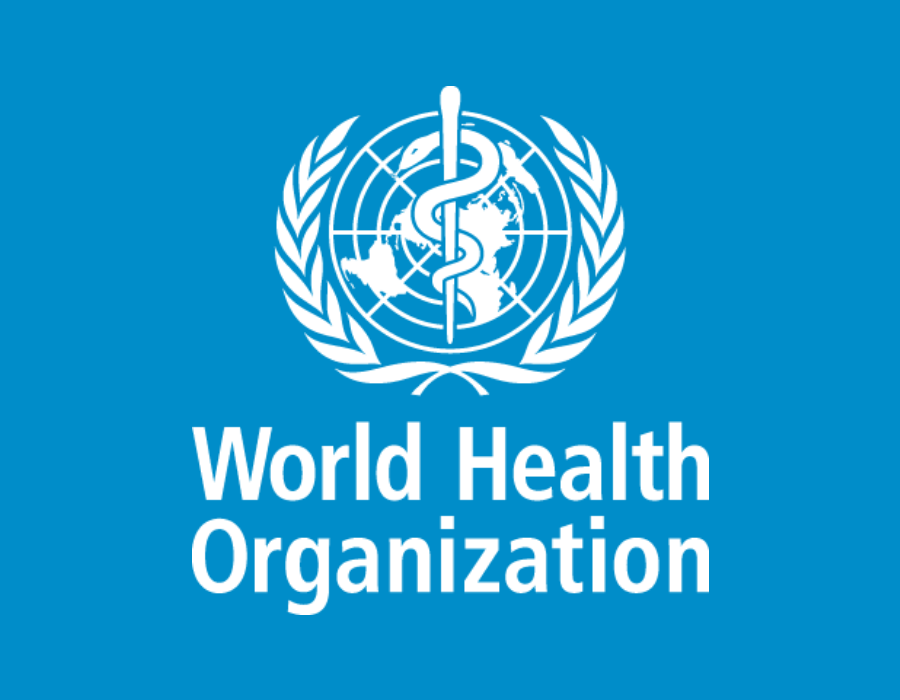Countries develop and maintain capacities across sectors to prevent, detect and respond to public health emergencies, using information based on evidence for IHR and effective global health security. Systematic assessments of all-hazard, multisectoral country health emergency preparedness capacities by analyzing IHR and health security data provides powerful insight into the critical gaps and priorities of a country and can guide crucial policy and strategic decisions. These data also influence how strategies and activities are developed, costed and financed, and which interventions can best lead to impact in the short-term.
So far, many countries have implemented measures to mitigate health emergencies, either at national or subnational (including community/local) levels that are adapted to their local context and need.
These experiences and lessons can be shared with others across the world as they may be useful for those who are in the midst of developing or refining their own preparedness, readiness and response plans. To support the identification, documentation and dissemination of best practices and subsequent institutionalization and scaling up across countries, the WHO-issued an open invitation Call for Case Studies for individuals and organizations to submit case examples, best practices, lessons learnt and knowledge on the implementation of IHR capacities for health security and emergency preparedness for all types of hazards.
